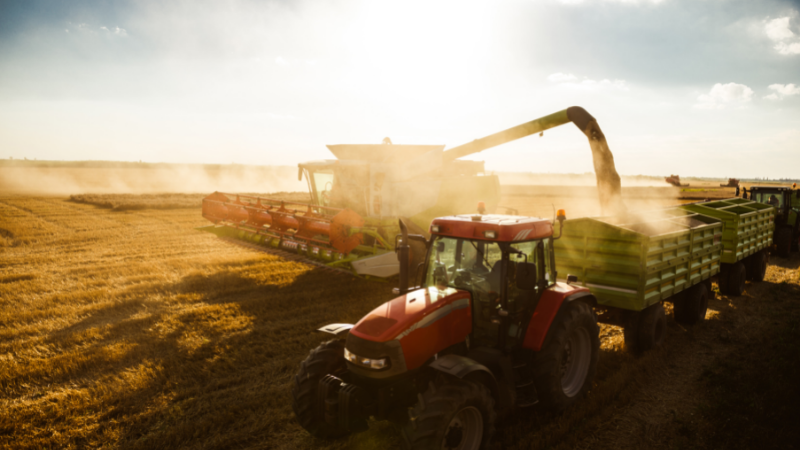By Albert Makendenge
Capital, which comprises one of the four major factors of production (land, labor and entrepreneurship), is a very important component of agricultural production whose accumulation over time is key to growth and development.
When economists refer to capital, they are not only talking about money but also referring to the assets (physical tools, plants and equipment) that allow for increased work productivity. By increasing productivity through improved capital, more goods can be produced and the economy as well the general standard of living can get better. Common examples of capital include hammers, tractors, trucks, ploughs, sprayers, irrigation equipment, planting, and harvesting equipment. One can agree that it is capital that drives or influences the ability or capacity of the other three factors of production.
Capital, unlike land and labor, is artificial and must be created by human hands for human purposes. Questions often arise as to the amount of money that is needed to start building this capital with time. Whilst land, labor and skill can be readily found, it is capital that has largely remained elusive for most individuals that have been willing to get into the business of farming. The trick almost always lies with starting small and starting with whatever one has at their disposal. The little that is available can successfully be channeled into building more and more capital over time. More and more capital which can continuously be invested back into the land, labor and knowledge to get even more capital.
Whilst capital seems to be the major impediment to most start-ups, simple, small and smart steps can be the way to get around this obstacle. And while capital may seem to be major factor of production, all components have got to be available for meaningful production to take place.

